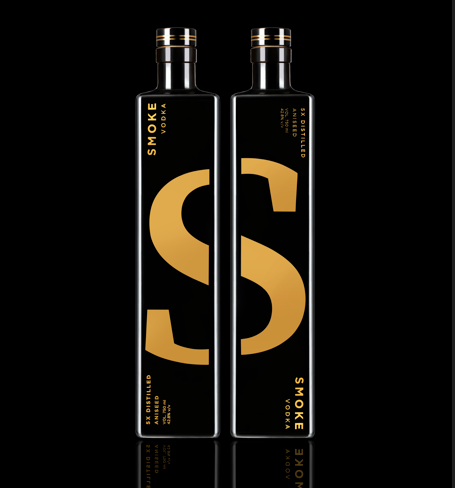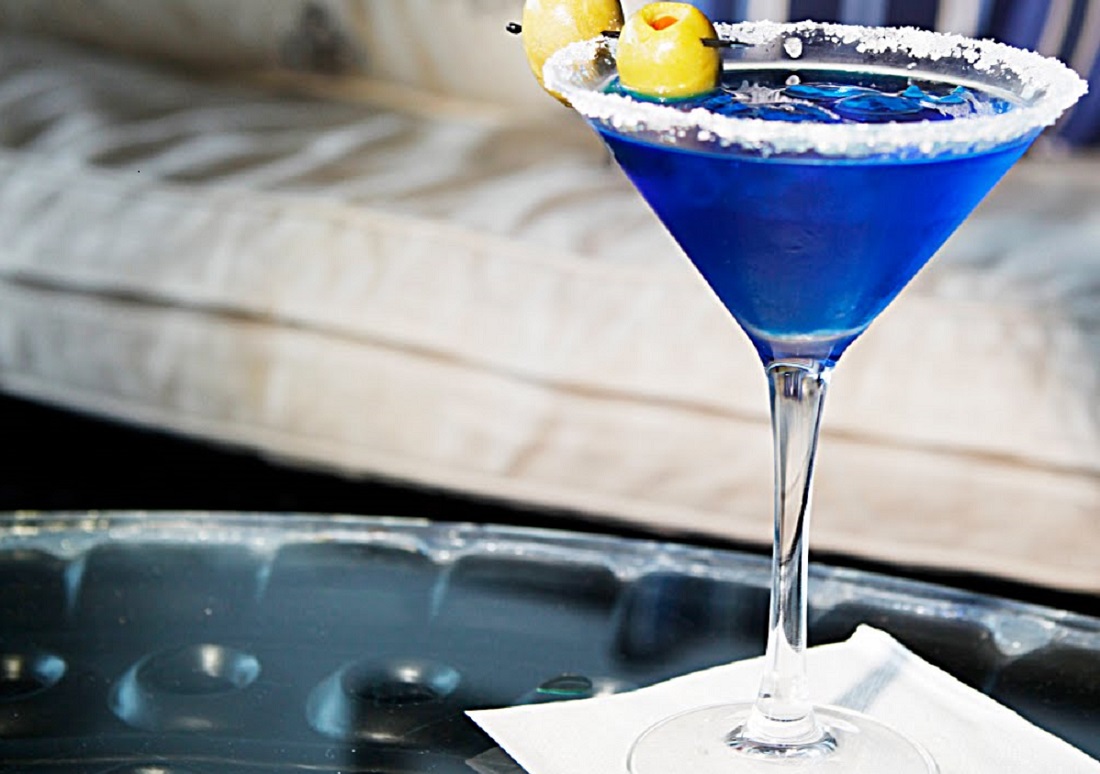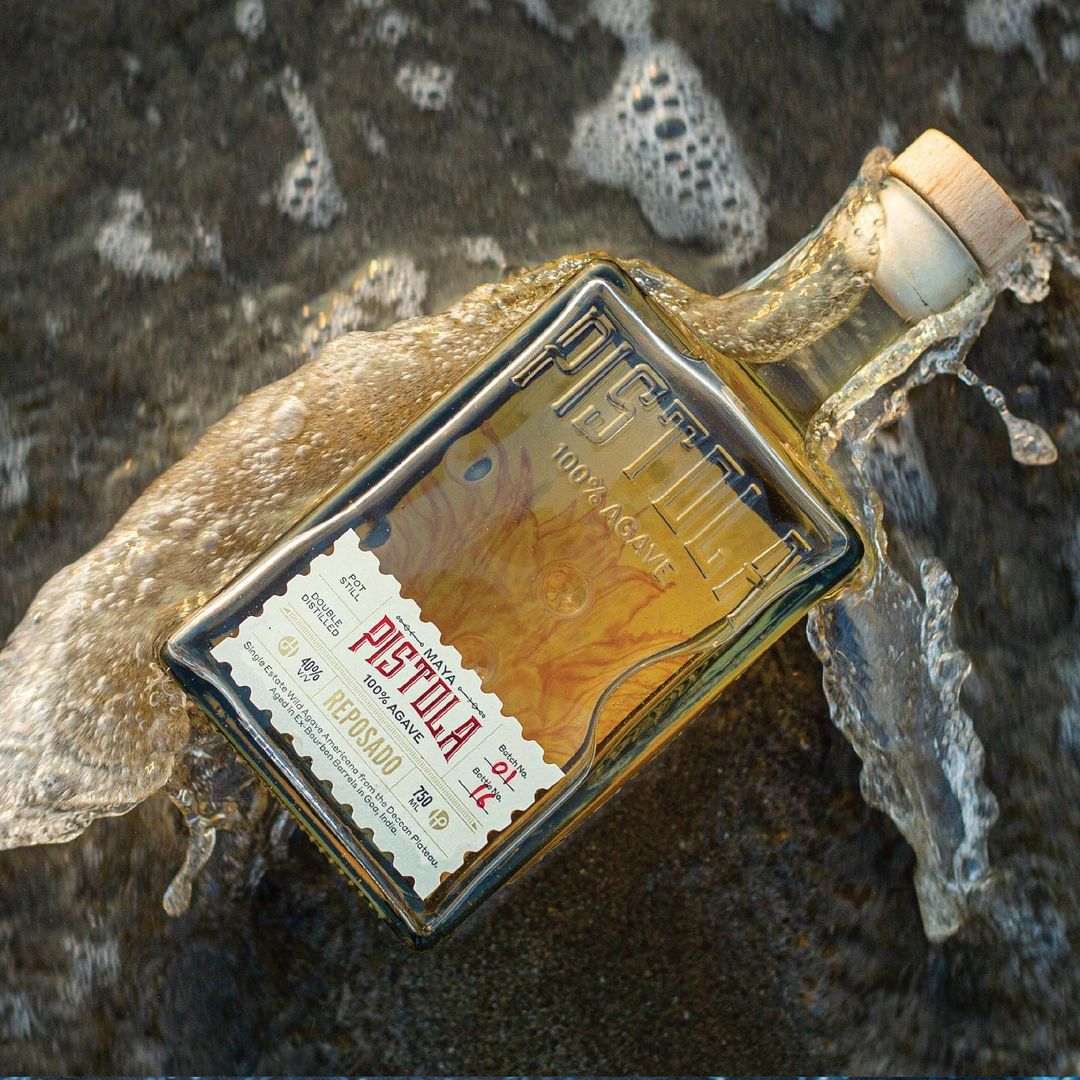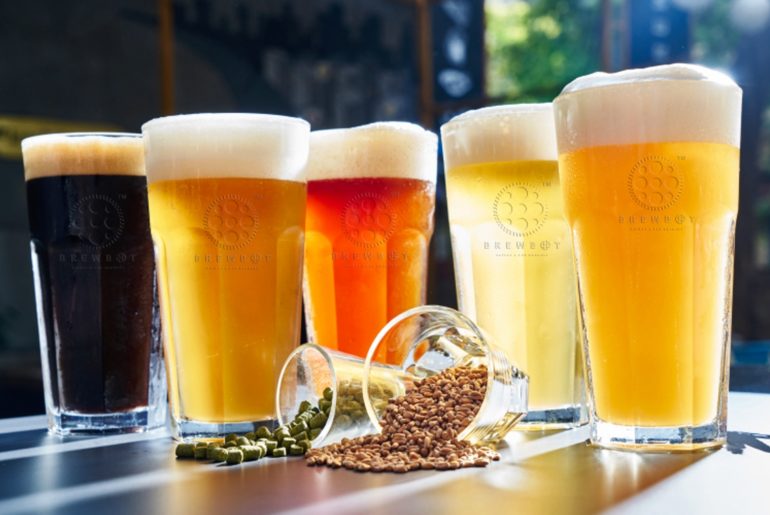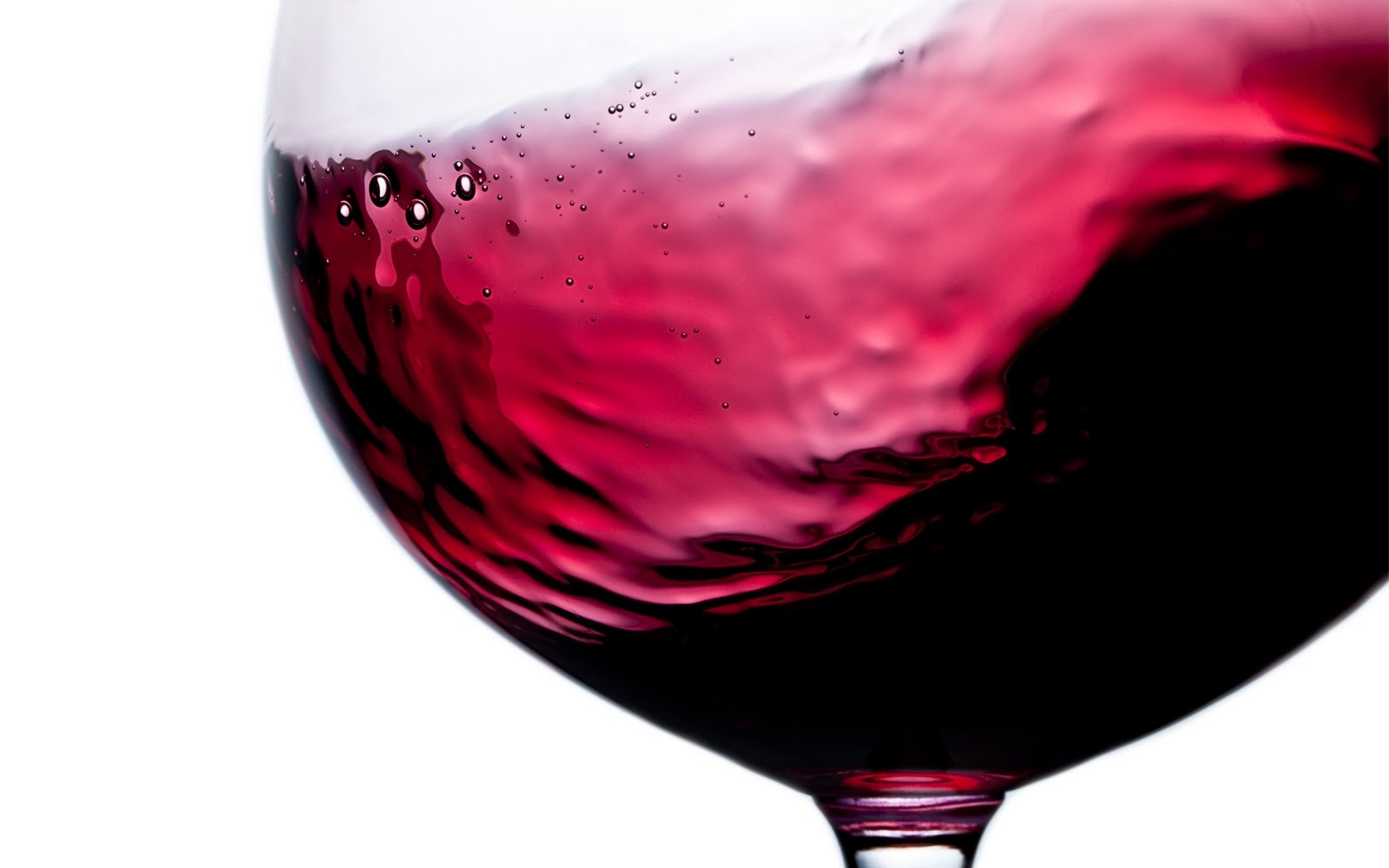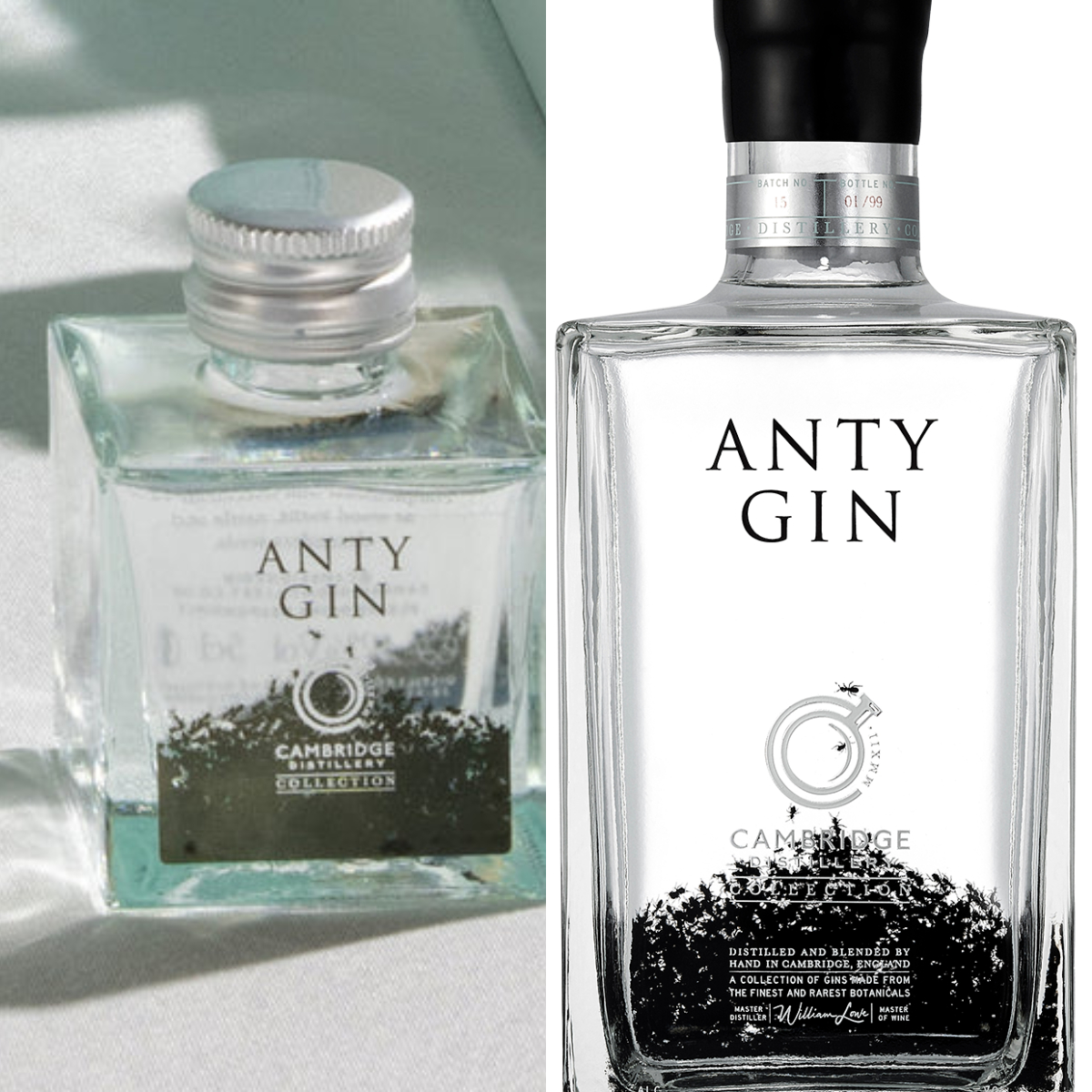Sure, it looks classy when you see someone do it so elegantly, but swirling a glass of wine, much like anything important associated with wine, has one thing associated with it – physics (and a little bit of chemistry). Since science comes from a place of purpose, then so should your decision to swirl the drink in your hand.

First, let’s understand why we swirl:
- We swirl to allow the wine in the glass to “breathe” which means the slight denaturing of certain molecules via oxygenation that allows for aromatic compounds to be released
- These aromatic compounds form what winos call the “bouquet” of the wine, or the olfactory experience that the drink has to offer, which makes wine drinking a multi sensory experience
So, let’s talk about when it’s NOT right to swirl:
- Don’t swirl if you don’t know how to – Red wine stains are not just difficult, but also expensive to deal with, and the chances are that if you don’t know how to swirl, you’ll probably end up with wine all over yourself and, worse, on the dress of your lovely company. I recommend practicing with a glass of water.
- Don’t swirl with indulgent servings – It’s all about the physics, especially centrifugal force – It’s easier to control force applied on a smaller quantity, than a larger, especially if it’s a fluid. A greedy serving of wine never looks classy, but swirling it can make you the joke of the evening and, perhaps spoil your couch. Remember, when swirling efficiently, less is more, always.
- Don’t swirl, if you don’t know when to stop – Swirling, as mentioned before, is meant to improve your drinking experience by the oxygenation of the wine, but there’s always the possibility of going too far, which can result is a serious loss of flavour. 4-5 seconds can give you optimum swirlage.
(Also, swirling as an action applies a lot of kinetic energy to the drink, this in turn generates heat because of the inter-molecular friction in the wine – simply put swirling doesn’t help keep your drink cool.)
Getting into wine seems intimidating in itself, and superficial knowledge will only ruin one’s experience. The science of it, though, can set you free to explore the culture with ease, one swirl at a time.

